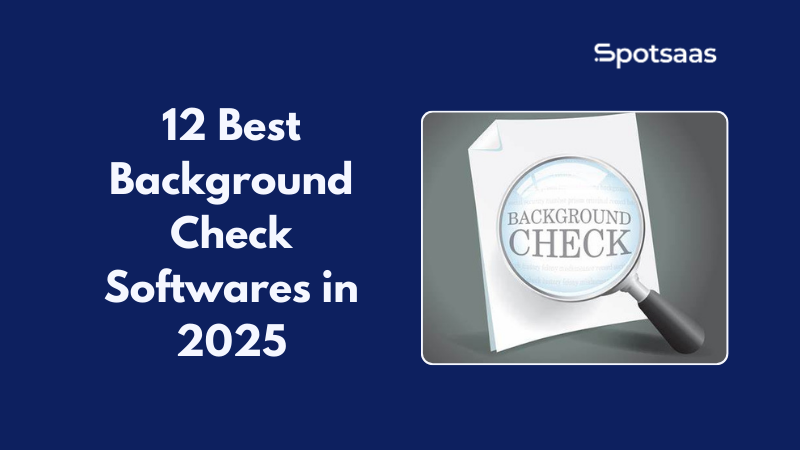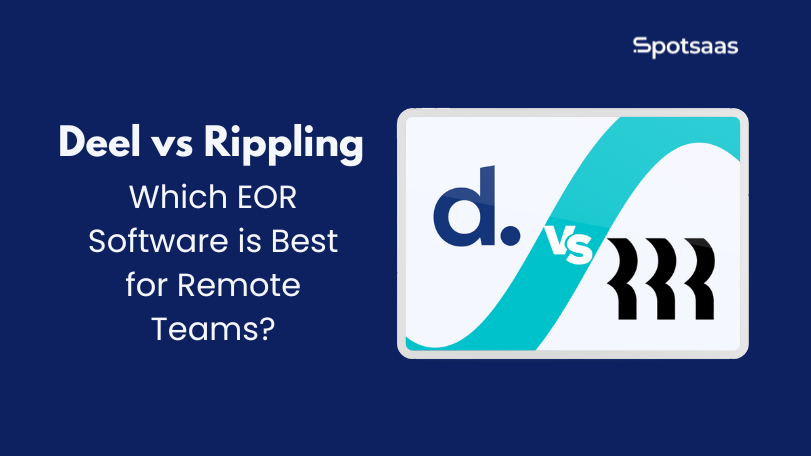Are you trying to navigate the world of online advertising and feeling overwhelmed by all the acronyms? It’s a common fact that terms like PPC and CPC are often used interchangeably, but they have distinct differences.
This blog will clear up your confusion by breaking down what each term means, their key differences, benefits, and how they can improve your digital marketing strategy. Ready for some acronym enlightenment? Let’s dive in!
Key Takeaways
- PPC (Pay Per Click) marketing drives immediate visibility and action by bidding on keywords and paying only when users click on ads.
- CPC (Cost Per Click) is a performance metric that measures the amount spent for each ad click, providing valuable insights to assess advertising effectiveness.
- PPC offers targeted advertising, high click rates, increased site traffic, and improved brand recognition.
- CPC allows businesses to evaluate the value of their advertising efforts, understand campaign effectiveness, and make necessary adjustments for optimal performance.
Understanding PPC and CPC
PPC stands for Pay Per Click marketing, while CPC refers to Cost Per Click marketing.
PPC: Pay Per Click marketing
Pay Per Click (PPC) marketing propels your website to the top of search results instantly. Advertisers bid on keywords relevant to their target audience, and they only pay when a user clicks on their ad.
This makes PPC an effective strategy for businesses wanting immediate visibility in online spaces like Google AdWords or Bing Ads. For SaaS businesses, leveraging PPC for SaaS can significantly enhance customer acquisition by targeting niche audiences with tailored messaging. It’s all about prompting action – driving potential customers straight from search engine results to your site or product page, boosting site traffic and increasing sales opportunities.
PPC focuses more on achieving high click rates and eliciting direct response from users than building brand recognition.
CPC: Cost Per Click marketing
CPC, or Cost Per Click marketing, is a performance metric used in online advertising campaigns. It measures the amount of money that advertisers pay for each click on their ads. With CPC, marketers can assess the effectiveness and value of their advertising efforts.
By monitoring the cost per click, they can determine whether their target audience is engaging with their ads and if it’s worth investing more into the campaign. CPC provides valuable insights for making adjustments to optimize ad performance and maximize return on investment.
This makes it an essential tool for businesses looking to reach customers through paid advertising channels such as Google AdWords or Bing Ads.
Key Differences between PPC and CPC
PPC is a marketing approach, while CPC is a performance metric used to assess the financial effectiveness of online advertising campaigns.
PPC as a marketing approach
PPC, or pay-per-click, is an effective marketing approach that allows businesses to reach their target audience through online advertising platforms. With PPC, companies bid on keywords relevant to their products or services and create ads that are displayed when users search for those keywords.
The main advantage of PPC is that advertisers only pay when someone clicks on their ad, making it a cost-effective method to drive traffic to a website and increase brand visibility.
Additionally, PPC offers precise targeting options such as location targeting and demographic targeting, ensuring that ads are shown to the right audience at the right time. Overall, PPC can help businesses reach customers effectively and maximize their return on investment in digital marketing campaigns.
CPC as a performance metric
CPC, or Cost Per Click, is an essential performance metric in online advertising campaigns. It measures how much a business pays for each click on their ads. By analyzing CPC data, marketers can evaluate the effectiveness of their marketing strategies and make necessary adjustments to improve results.
This metric helps businesses assess the value they are getting from their advertising investments and understand which keywords or channels are driving the most clicks. With this information, companies can optimize their campaigns to maximize conversions and achieve better financial performance.
Benefits of PPC and CPC
– PPC offers targeted advertising, high click rates, user actions, increased site traffic, and improved brand recognition.
– CPC allows businesses to assess the value of their marketing efforts, understand the effectiveness of campaigns, and make necessary adjustments for optimal performance.
Benefits of PPC: targeted advertising, high click rate, user action, site traffic, brand recognition
PPC advertising offers several benefits for businesses. One of the main advantages is targeted advertising, which allows companies to reach specific audiences based on demographics, interests, and online behavior.
This means that your ads are shown to people who are more likely to be interested in your product or service, increasing the chances of conversion and maximizing your return on investment.
Additionally, PPC campaigns often have a high click rate because they appear at the top of search engine results pages and on popular websites. This increased visibility increases user action and drives more traffic to your site.
Benefits of CPC: assessing value, understanding effectiveness, making adjustments
CPC, or Cost Per Click, offers several benefits to advertisers. Firstly, it allows for an accurate assessment of the value of each click. By tracking the cost of each click and comparing it to the desired outcome, such as a purchase or sign-up, advertisers can determine which clicks are worth investing in and which ones may need adjustments.
Secondly, CPC helps in understanding the effectiveness of advertising campaigns. By analyzing metrics like click-through rates and conversion rates, advertisers can gauge how well their ads are performing and make informed decisions to optimize their campaigns for better results.
Finally, CPC also enables advertisers to make adjustments on the go. If they notice that certain keywords or placements are not delivering satisfactory results, they have the flexibility to modify bids or shift budgets accordingly without wasting time or resources.
Conclusion
In conclusion, understanding the differences between PPC and CPC is key to maximizing your advertising efforts. PPC allows for targeted advertising and increased user action, while CPC provides valuable insights into the effectiveness of your marketing campaigns.
By utilizing both strategies effectively, you can reach a wider audience and improve your financial performance in today’s digital landscape.
FAQs
1. What is the difference between PPC and CPC?
PPC (Pay-Per-Click) advertising is an overall marketing method where advertisers pay for every click on their ads, while CPC (Cost-Per-Click) is the actual cost of each click in Pay-Per-Click advertising.
2. How can Google Analytics help in PPC and CPC?
Google Analytics can provide valuable insights into Clickthrough rates, Cost per acquisition, and other metrics that are essential for optimizing both PPC and CPC campaigns in search engine marketing.
3. Why would a business choose one over the other?
A business might prefer PPC if they want to control how much they spend for each visitor’s click on their ad, or go with CPC when targeting a specific Marketing channel where Keyword bidding plays a significant role.
4. Is there any way to improve my Return on Investment (ROI) using these methods?
By closely monitoring your Clickthrough rate and managing your keyword bidding strategy efficiently, you can optimize both Pay-per-click advertising and Cost-per-click advertising thus improving ROI.




